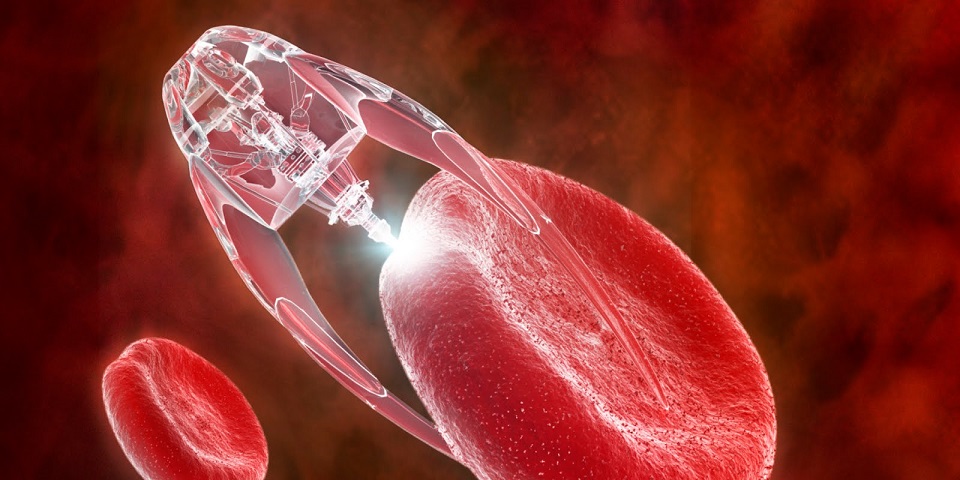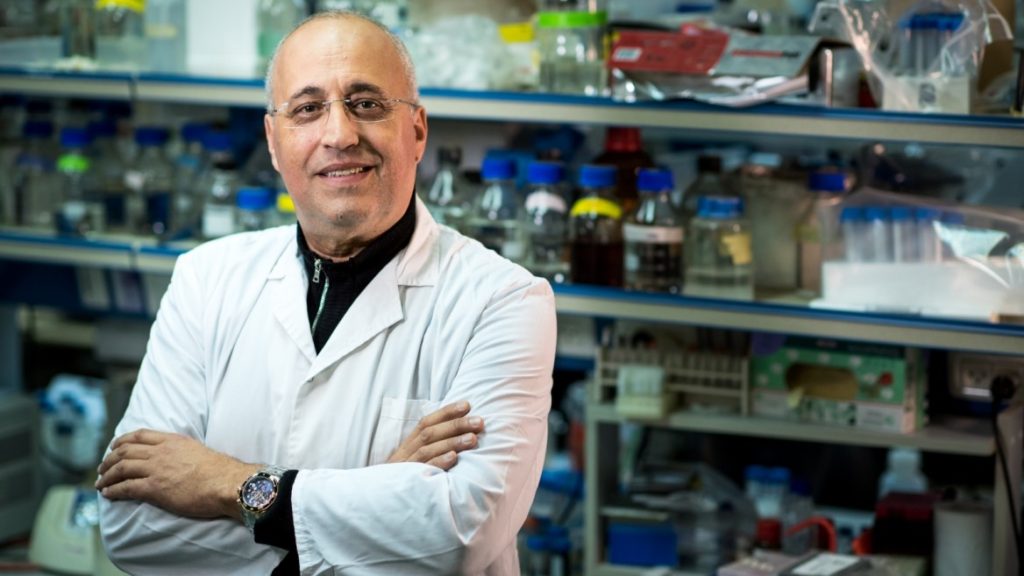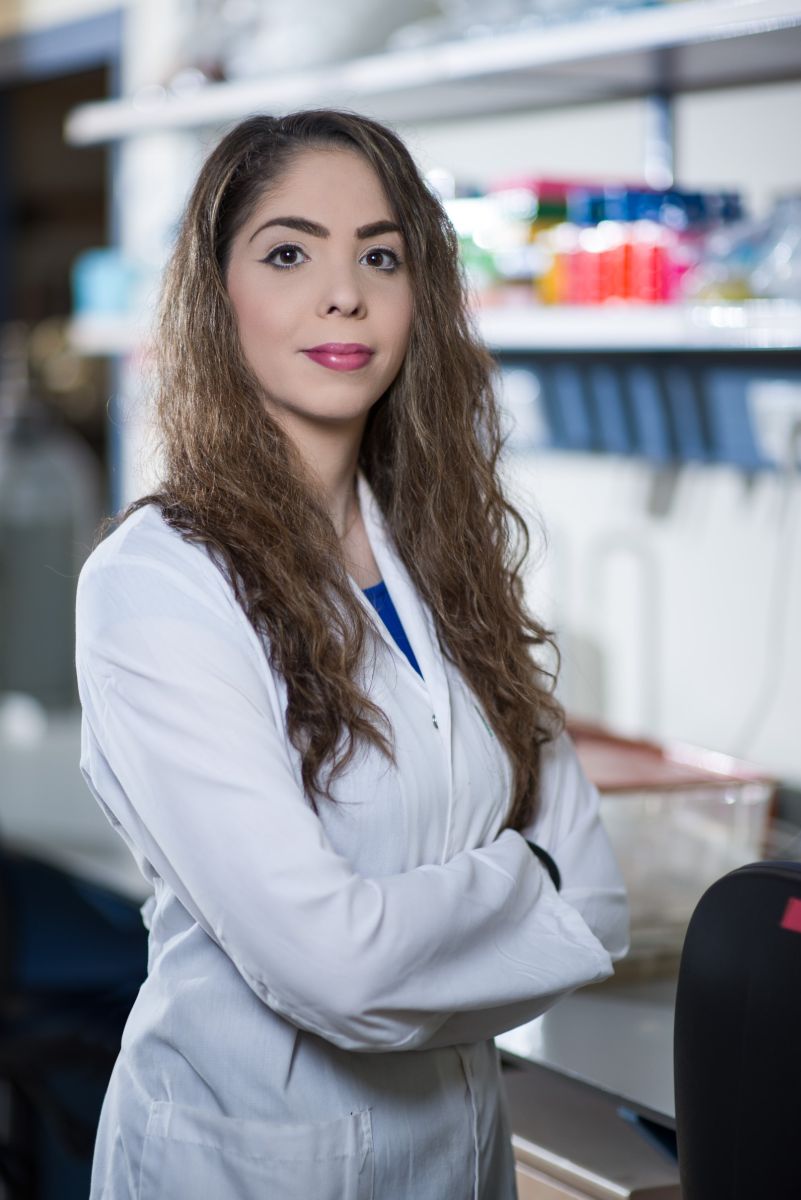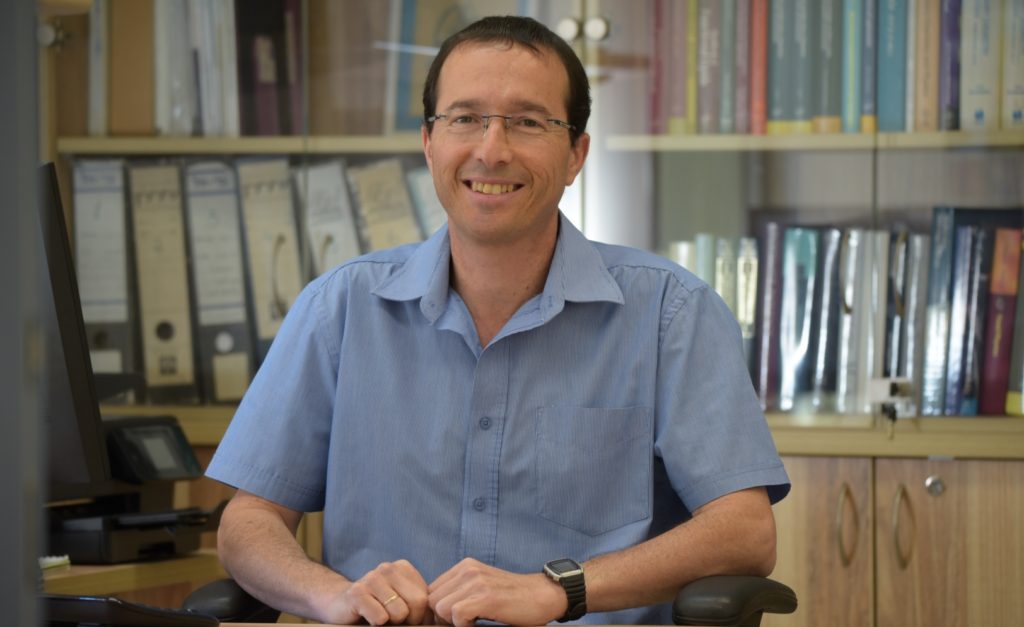
Israel’s Nanotech Approach for Treating Stomach Cancer

A potential oral nanomedicine treatment for stomach cancer has been developed at the Technion-Israel Institute of Technology using a combination of anti-cancer drugs and a chemo-resistance reversal agent, which eliminates gastric tumors’ resistance to chemotherapy drugs.
The treatment could be self-administered at home by the patient — eliminating the need for hospitalization, which is dangerous for immunocompromised cancer patients due to drug-resistant pathogens widespread in hospitals.
The new treatment modality is based on a transport platform developed as part of Maya Bar-Zeev’s doctoral dissertation at the Russell Berrie Nanotechnology Institute, under the joint supervision of Prof. Yoav Livney of the Faculty of Biotechnology Engineering, and Prof. Yehuda Assaraf, Dean of the Faculty of Biology and Director of the Fred Wyszkowski Cancer Research Laboratory at the Technion.

Their study proving the effectiveness of this regimen was published in the journal Oncotarget, earlier this year.
The unique transport platform packages the drugs in beta-casein. Caseins are the main proteins found in milk, in structures called micelles. The natural role of casein micelles is the transfer of calcium, phosphorus and protein from mother to baby through breast milk. Beta-casein’s spatial structure allows it to encapsulate substances that are not water-soluble.
Previous studies in Livney’s lab first presented the potential of casein micelles for oral delivery of vitamins and drugs. A series of joint studies carried out with Assaraf examined beta-casein as a nanometric delivery vehicle for anti-cancer chemotherapy drugs.
Since this platform effectively carries the drug to the stomach and releases it there for easy digestion, the researchers believe that it will be particularly effective in gastric diseases and gastric cancer in particular — one of the most aggressive and deadly types of cancer.
Following a series of successful laboratory experiments that proved the system’s effectiveness in drug-resistant human gastric cancer cells, the research group will next experiment on lab animals.
Their expectation is that the nanometric platform will achieve a dramatic improvement in the treatment of stomach cancer, including in cells that have developed resistance to a broad spectrum of anti-cancer drugs.



